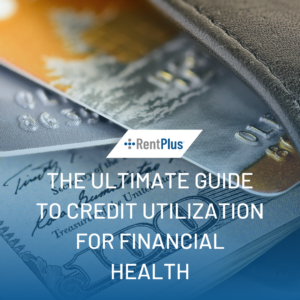There exists today a Millennial Credit Quandary. This problem is leaving many of the Gen-Y or Millennial generation uncertain as to what to do.
The Catch-22 is this: “It’s hard to get credit if you don’t have credit.” In fact, approximately 63% of younger millennials do not have a single credit card compared to the 35% of adults over the age of 30 without a credit card.
Patrick Reemts, Vice President of Credit Risk Solutions at ID Analytics, observed that “You’d expect them (millennials) to have a lion’s share of the application volume, and that’s the case, but they are being declined at a very high rate,”. (Millennials now number 75.4 million and have surpassed the 74.9 million Baby Boomers as the nation’s largest living generation, according to the U.S. Census Bureau.)
Millennials are simply applying for credit cards at a higher rate than Gen-X and Baby Boomers. The foundation behind the aforementioned credit quandary is that two-thirds of consumers under the age of 30 have sub-prime or non-prime credit scores and a disproportionate one-third of all millennials do not have any credit history at all.
Due to their lack of credit history, less than one-half of millennials have a credit score that would allow them to qualify for credit products from most mainstream lenders. ID Analytics specifically observed applicants between the ages of 18 and 32 who were declined for credit or other services over the five years between 2010 and 2015.
Paul Seigfried, a Senior Vice President and credit card line of business leader at TransUnion, said “They are less credit mature,” when speaking of this age group. “From the lenders standpoint, although millennials are a large group of potential consumers, they have less credit and probably a lower credit score, therefore they are more inclined to not be a prime borrower.”
Is this the harsh reality for millennials? It certainly doesn’t have to be. There are options for this age group to build credit and build their financial future. Here are three creative and unconventional ways that those with little or no credit history can build credit:
- Cash-secured Credit Cards: In the world of commercial lending, I learned very quickly that “cash is king.” That statement holds true with this credit-building solution. A cash-secured credit card requires cash as collateral that is held in a deposit account by the lender. The amount of cash held as collateral becomes the credit line for that account. For example, if you put $500 in the account, you can charge up to $500. The cash deposit helps take away the lenders perceived risk and your positive payments on the account can help build your credit profile. This type of credit product is accessible among most lenders so it is highly likely that your current bank offers cash-secured credit products.
- Utility Reporting: This is a new, yet growing concept within the consumer credit realm. The major credit reporting agencies (TransUnion, Experian, and Equifax) have warmed up to the idea of reporting positive monthly utility payments to a consumer’s credit profile. Be sure to ask your utility provider or utility billing service if they will provide your record of positive payments to any of the three credit reporting agencies. Utility reporting is gaining steam and will become more commonplace among credit reports.
- Rent Reporting: Reporting your positive on-time monthly rent payments to the credit reporting agencies can help you to establish a credit profile and build your credit score. The rental market is heavily skewed with a large portion of renters belonging to the millennial generation. For this generation, rent is more than likely the largest monthly expense that they incur. To have the positive payment of this expense is significant for these individuals credit profiles and can increase their credit scores significantly. We have found that the average score increase for someone with no credit after having their rent reported for a 12-month period was 651 points. The largest score increase that we observed was 728 points. That means that in 12 months an individual who was having their rent reported went from have no credit at all to having a GOOD credit score of 728.
In a time when having good credit is more important than ever, the nations largest living generation will need to look beyond the conventional in order to build and strengthen their credit profile. The decisions the millennial generation make today will mold their financial future.
Mark Twain wisely wrote: “Twenty years from now you will be more disappointed by the things that you didn’t do than by the ones you did do.”
Rent Responsibly!



